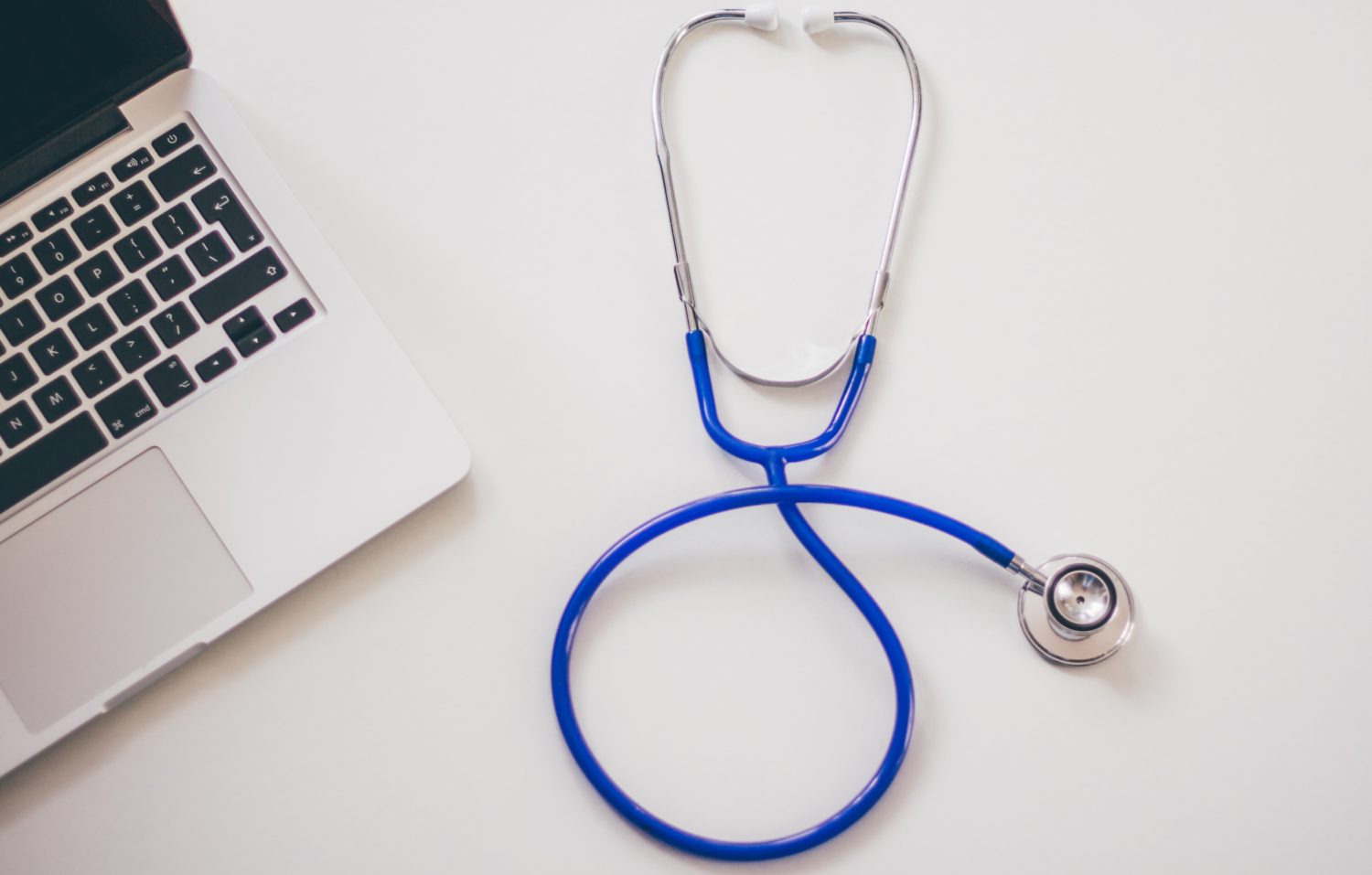
Over 40 million US citizens suffer from an anxiety disorder each year making it the most prevalent mental illness of our modern age. With so many people suffering from anxiety you’d think that we’d be clued up on the symptoms and treatments by now and yet many people still fall through the cracks, putting up with their anxiety and dismissing it rather than seeking medical help. So whether you are concerned about your own mental health or are worried about the well-being of another then here’s a quick guide to the signs and symptoms of anxiety and what to do if you are experiencing them.
The symptoms of anxiety disorder
First things first it’s important to realize that anxiety is a normal emotional response to stress or danger and experiencing anxiety symptoms on an irregular basis is completely normal. Anxiety only becomes a disorder when you can’t switch off from your symptoms and experience them on a daily basis, impacting your daily life.
Some of the most common mental symptoms of anxiety include:
- Overthinking every situation
- Having trouble concentrating
- Feeling dread or panic
- Being irritable
- Having difficulties sleeping or getting to sleep
- Feeling a desire to escape
- Dissociating from reality and your body
- Not feeling hungry or overeating
Some of the common physical symptoms of anxiety include:
- Accelerated breathing
- A faster than usual heartbeat
- Sweating more than usual
- Experiencing hot flushes
- Shaking involuntarily
- Hair loss
- Extreme fatigue
- A dry mouth
The different types of anxiety disorder
There are many different types of anxiety disorder and a medical health professional will help you to determine which you experience so that you can get the right help. Below are some of the most common.
- Generalized Anxiety Disorder (The most common)
- Social Anxiety Disorder
- Panic Disorder
- Obsessive-Compulsive Disorder
- Post-Traumatic Stress Disorder
- Body Dysmorphic Disorder.
What treatments are available to those who experience symptoms of an anxiety disorder?
If you are experiencing symptoms of an anxiety disorder then it’s important to remember that you are not alone and that there is a lot of help available to help you manage your symptoms. The Anxiety disorder treatment you receive will vary depending on the disorder you are experiencing and the severity of your symptoms but some of the most common approaches include:
- Self-help treatments
Self-help treatments are great for helping people manage their anxiety at home and during their everyday lives and include things such as learning breathing or relaxation techniques, keeping a journal and taking up exercise. - Talking therapies
Talking therapies such as cognitive behavioral therapy can help an individual to understand the links between their thoughts, feelings, and actions and can help people to overcome their anxiety by looking at it head-on. - Medication
In some cases, medication may also be used alongside other therapy techniques to help an individual gain instant relief from their anxiety symptoms. Many of these medications are addictive and so can only be used for a short amount of time and in the case of an emergency.
What to do next
If you have reached the end of this article and believe you or someone you may know is dealing with an anxiety disorder then the first thing to do is to contact a medical health professional so that they can help you find a treatment plan.








